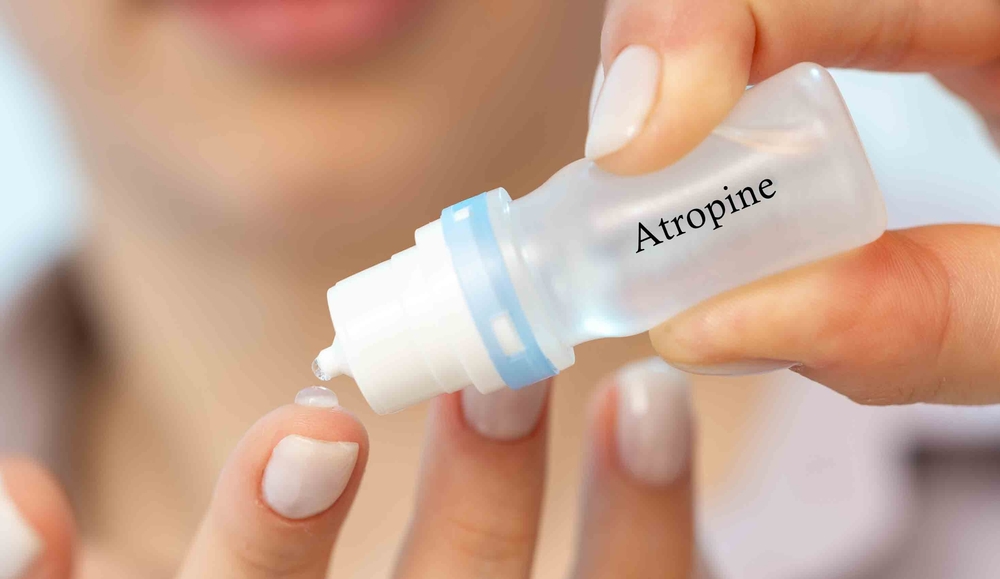What Do Atropine Drops Really Do to Eyes? Understanding the Treatment
Blog:What Do Atropine Drops Really Do to Eyes? Understanding the Treatment

What Do Atropine Drops Really Do to Eyes? Understanding the Treatment
At Texas State Optical, we work with families in Richmond, Texas, and surrounding communities to find the best solutions for managing vision changes—especially in children. Myopia is becoming increasingly common, and early intervention can make a difference in long-term eye health. Let’s break down how atropine drops work and why they may be worth considering.
Understanding Myopia and Why It’s a Concern
Myopia is more than just needing glasses to see the board at school or a street sign while driving. It occurs when the eyeball grows too long, causing light to focus in front of the retina instead of directly on it. This results in blurry distance vision.
The concern with myopia isn’t just about stronger prescriptions over time—it’s about eye health risks. High myopia increases the likelihood of conditions like retinal detachment, glaucoma, and early cataracts. That’s why managing myopia in childhood is crucial.
How Atropine Drops Work
Atropine eye drops are a low-dose medication that helps slow down the progression of myopia. They work by relaxing the eye’s focusing mechanism and may also play a role in regulating eye growth.
These drops have been studied extensively and are commonly used in myopia management programs. Low-dose atropine (typically 0.01% to 0.05%) is prescribed for children with progressive myopia to help slow down how quickly their nearsightedness worsens.
What to Expect with Atropine Treatment
If your child is prescribed atropine drops, here’s what you should know:
Minimal Side Effects – Unlike higher doses of atropine, which can cause significant pupil dilation and light sensitivity, low-dose atropine has fewer side effects. Some children may notice slight sensitivity to light or difficulty focusing up close, but these effects are typically mild.
Long-Term Benefits – Studies show that children using atropine drops experience slower myopia progression, meaning they may need lower prescription changes over time.
Part of a Comprehensive Plan – Atropine is often used alongside other myopia management strategies, such as specialized contact lenses or lifestyle adjustments (like spending more time outdoors and reducing excessive screen time).
Is Atropine Right for Your Child?
Atropine drops are not a one-size-fits-all solution, but they are a great option for many children with progressive myopia. If you’re a parent in Richmond, Texas, or nearby areas like Sugar Land or Rosenberg, and you’ve noticed your child’s prescription changing frequently, it might be time for a myopia management consultation.
Take the First Step Toward Healthier Vision
Myopia management is an investment in your child’s future eye health. We take a personalized approach to care, ensuring that each treatment plan is tailored to your child’s needs.
If you’re curious about atropine drops or other myopia control options, schedule an eye exam with Texas State Optical and let’s find the right solution for your child’s vision needs. Visit our office in Richmond, Texas, or call (832) 783-9964 to book an appointment today.


